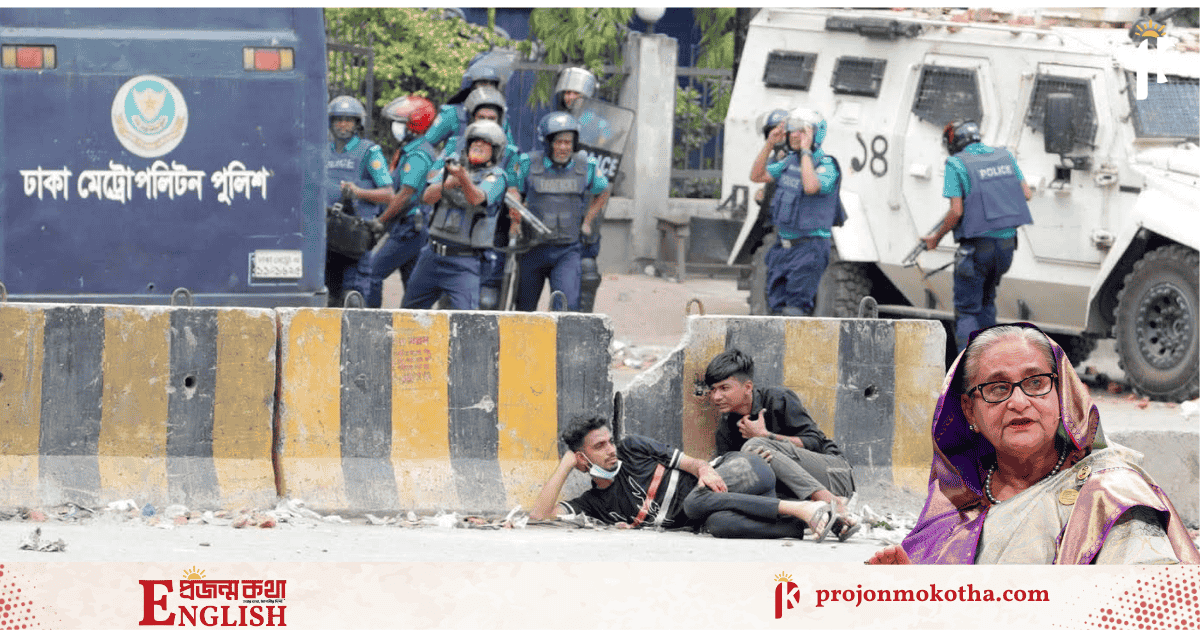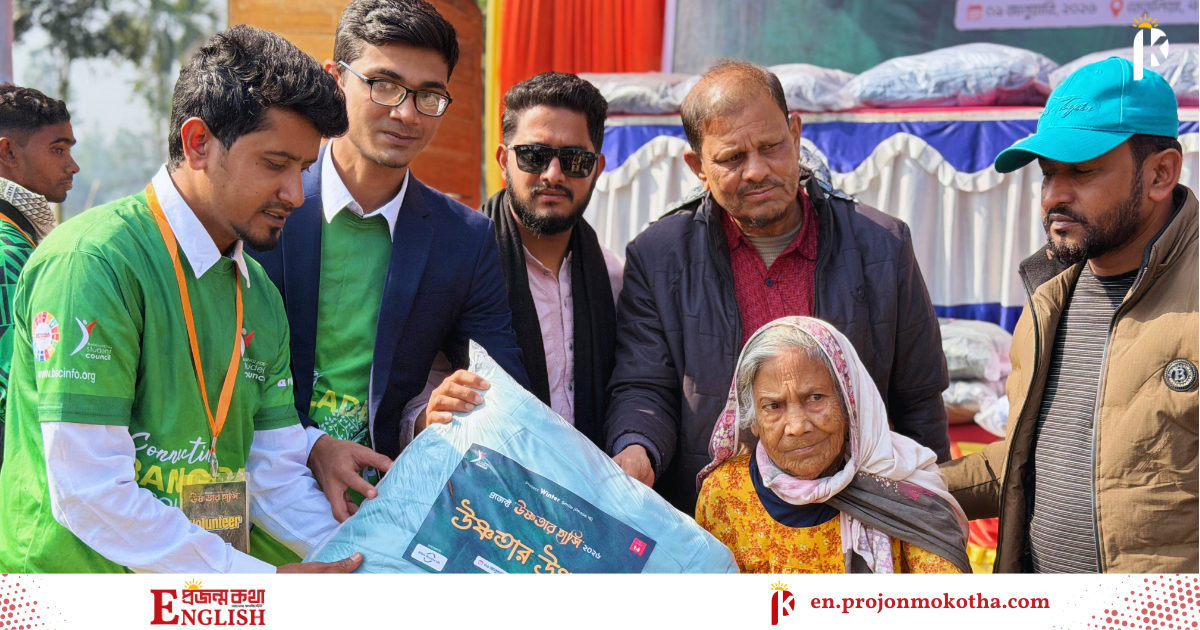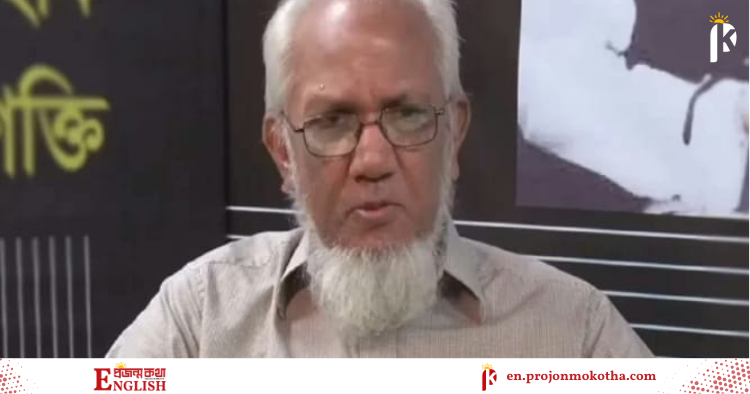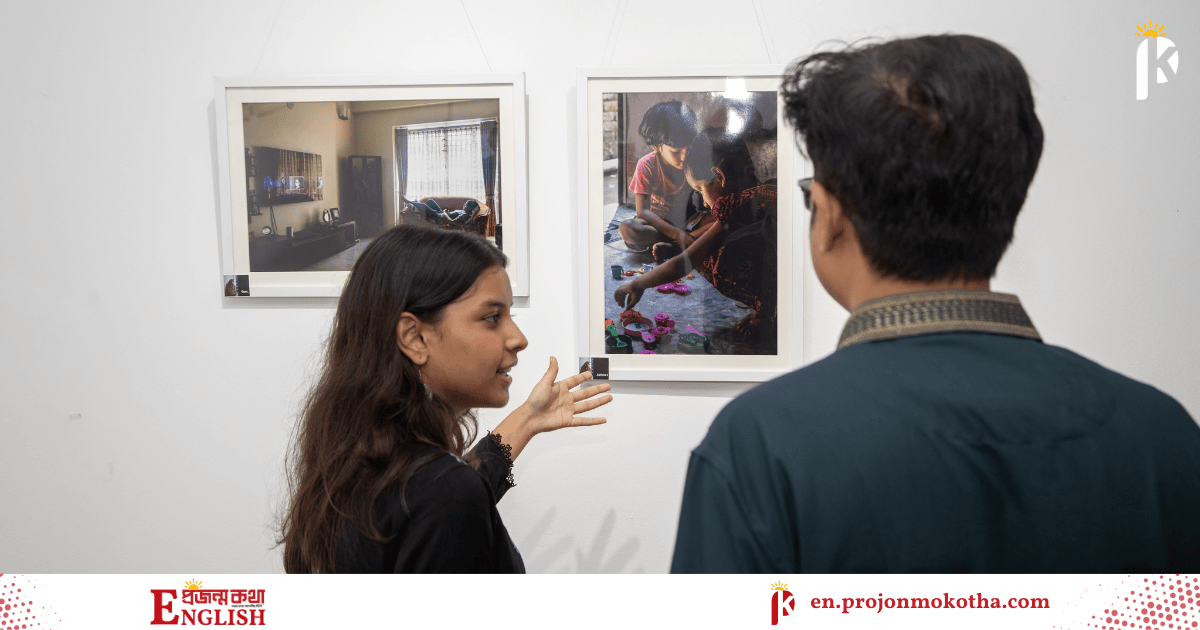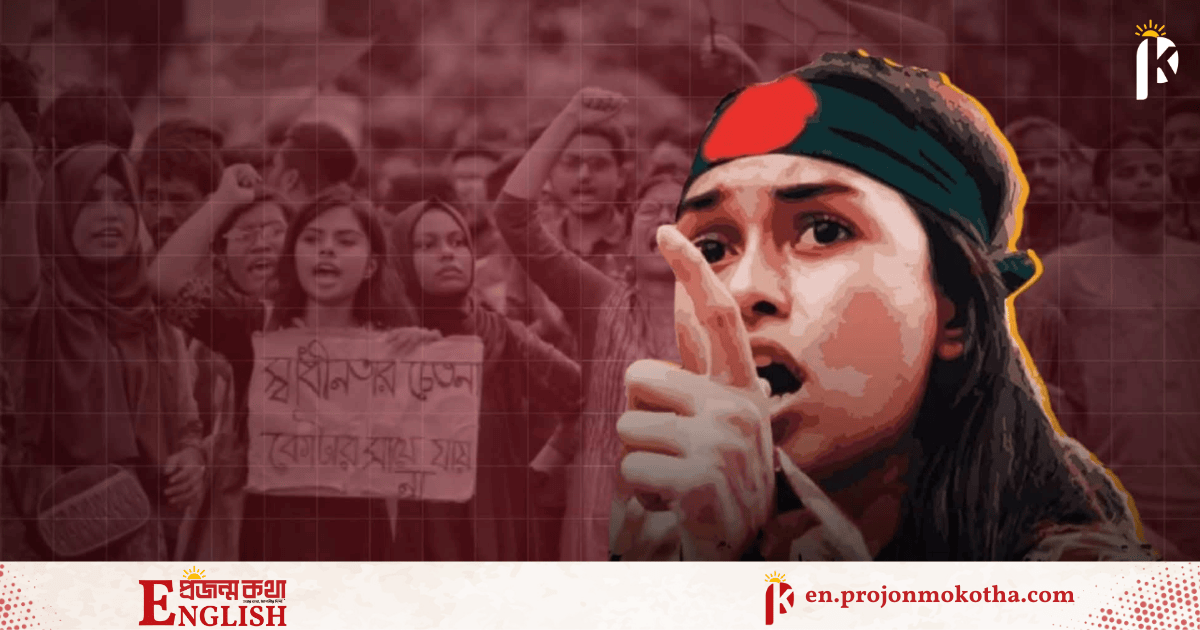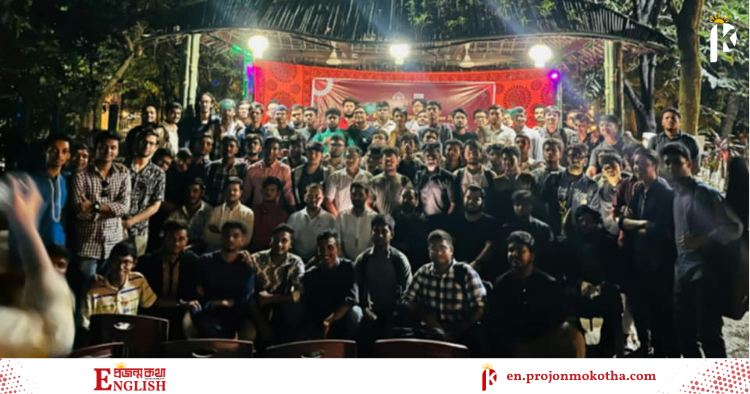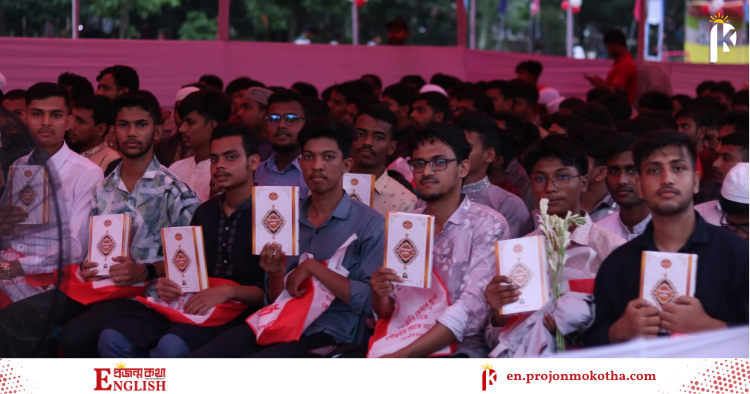Leaked audio reveals Sheikh Hasina ordered lethal force in deadly crackdown

- Publish : 05:11:05 pm, Wednesday, 9 July 2025
- / 65
Photo: Collected
A leaked audio recording has revealed that ousted Prime Minister Sheikh Hasina directly authorised the use of lethal force during last year’s deadly crackdown on student-led protests in Bangladesh, according to a BBC Eye investigation verified by multiple audio forensics experts.
The BBC World Service report, published yesterday, says the recording captures Hasina instructing security forces to “use lethal weapons” against protesters, telling an unidentified senior government official that “wherever they find [them], they will shoot.”
The audio clip, which first surfaced online in March, has now been independently verified by the BBC in collaboration with audio forensic analysts at Earshot, a UK-based audio equipment supplier. The analysis found no signs of tampering or synthetic manipulation, according to the BBC.
The BBC report states that police documents show military-grade rifles were deployed across Dhaka in the days following the recorded conversation, which took place on July 18 last year.
According to UN investigators cited by the BBC, up to 1,400 people were killed in the July uprising. Sheikh Hasina fled to India following her ouster and both she and her party have denied any wrongdoing.
The leaked recording is reportedly one of several made by the National Telecommunications Monitoring Centre (NTMC). Its source remains unknown, although multiple clips of Hasina’s phone calls have surfaced online since the protests—many of them still unverified.
Bangladesh Police’s Criminal Investigation Department (CID) told the BBC that the leaked recording matches known audio samples of Hasina’s voice.
The BBC’s audio experts detected Electric Network Frequency (ENF)—a technical indicator that the recording had not been altered—alongside consistent speech patterns, background noise, and telephonic frequencies typical of a live speakerphone call.
“The recordings are critical for establishing her role. They are clear, properly authenticated, and supported by other evidence,” said Toby Cadman, a British international human rights barrister advising the International Criminal Tribunal (ICT).
A spokesperson for the ruling Awami League said the party “categorically denies and rejects claims that some of its senior leaders, including the prime minister herself, were personally responsible for or directed the use of lethal force.”
The party maintained that the recording, even if authentic, does not prove any “unlawful intention” or “disproportionate response.”
A spokesperson for Bangladesh Police told the BBC that 60 officers had been arrested over violence that took place during the protests in July and August last year. “There were regrettable incidents in which certain members of the then police force engaged in excessive use of force,” the spokesperson added.
The BBC investigation, which combined BBC Eye and BBC Bangla teams, also uncovered previously unreported details about police-led operations during the protests. In one incident in Dhaka’s Jatrabari area on August 5, at least 52 people were killed by police gunfire, despite initial local reports suggesting 30 deaths.
According to eyewitness accounts, CCTV footage, and drone imagery reviewed by the BBC, police opened fire on fleeing demonstrators for over half an hour after army personnel withdrew from the area.
Protesters later retaliated, killing at least six police officers and setting fire to the Jatrabari Police Station. The BBC said it sought comment from the Bangladesh Army but did not receive a response by the time of publication.



